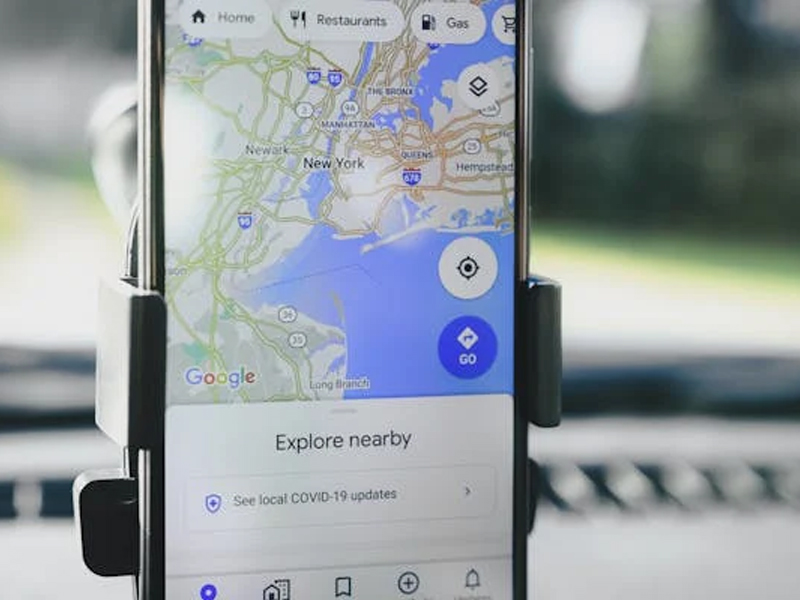5 Internet Security lies
Uncategorized
Internet Security Lies
Safety and security plays a vital role in the digital world. People today are dependent on internet life to such a great extent that they share in every personal detail of their life through social networking sites or engage into financial transactions via payment gateways. But what they miss upon is the reality of security and safety in this world of internet. Web safety is very essential for an individual. It is good to ensure and check the goodness of every possible step before moving ahead. However, there are several myths with respect to security that often land a person in a troublesome situation. The usage of antivirus software or any other safety measures though psychologically bring in peace, yet people do not understand the lies behind it. There are several myths which people should know before safeguarding their viral activities.Internet Security lies:
Let us understand and learn about several Internet Lies which often keeps us the facts under wraps. Explore the following common internet lies:Lie 1: Thinking your system to be free from personal details:
Though people are conscious about their personal and professional details, yet they somewhere tend to get involved by sharing them on social networking sites. Accessing the sites from particular IP address gives an access to hack the IP address for stealing these details. People undertake financial transactions like online buying, funds transfers, etc… which require some personal accounting details. Hence, people should dismiss and access this fact of that in spite of not saving the data on PC, there are huge chances of data theft.Lie 2: SSL Certificate: I am the King
SSL certificate is a secured gateway between the computer and the website. People often access websites which carry a padlock icon sign with a myth of them being a secured connection websites. However, hackers are really smart and efficient in hacking these gateways as well. By releasing malwares in these secured gateways or SSL certificates, the myth or fact about internet security gets diminished. Hence, people should understand and accept this myth of internet security.Lie 3: Only Porn Sites or Adult Content Sites are Hazardous
This is the biggest misconception about internet security. Adult sites have always been considered as the insecure ones. In fact they are the most secured ones in comparison to regular sites. Around 83 percent of trusted sites send out malwares.Lie 4: Anti-virus simply completes and secures my PC
Anti-virus software is considered as the safest way to ensure and prevent the virus from penetrating the system. However, this is a big lie with respect to internet security. Despite of anti-virus softwares, virus and malware namely Trojan, HeartBleed, Jack, etc… destroy the system to an extent that anti-virus cannot do anything about it.Lie 5: Passwords are just perfect
Password plays one of the key roles to crack the gateway of any user interface. The digital world requests for setting efficient and most secured passwords in order to strengthen the internet or digital security. However, hackers are smart enough to crack any password despite of its level of complexity. Hence, it is advisable to keep editing and changing the passwords on regular basis.You Might Be Interested In:
Frequently Asked Questions?

01
Blockchain
The High Price of Crypto: Environmental Cost of Mining and Solutions for a Greener Future
Apr 25, 2024

01
AI & ML
Gemini Evolves: Your AI Assistant on the Go with the New Overlay Feature
Apr 24, 2024

01
Tech news
Cloud Storage: Powering Progress or Polluting the Planet?
Apr 22, 2024

01
AI & ML
No More Range Anxiety: Google Maps Uses AI to Simplify EV Charging
Apr 20, 2024
SUSBSCRIBE TO OUR NEWSLETTER
Join our subscribers list to get the latest news and special offers.

The High Price of Crypto: Environmental Cost of Mining and Solutions for a Greener Future
Gemini Evolves: Your AI Assistant on the Go with the New Overlay Feature
Cloud Storage: Powering Progress or Polluting the Planet?
Gearing Up for a Connected Tomorrow: Top Trends Shaping the Future of IoT